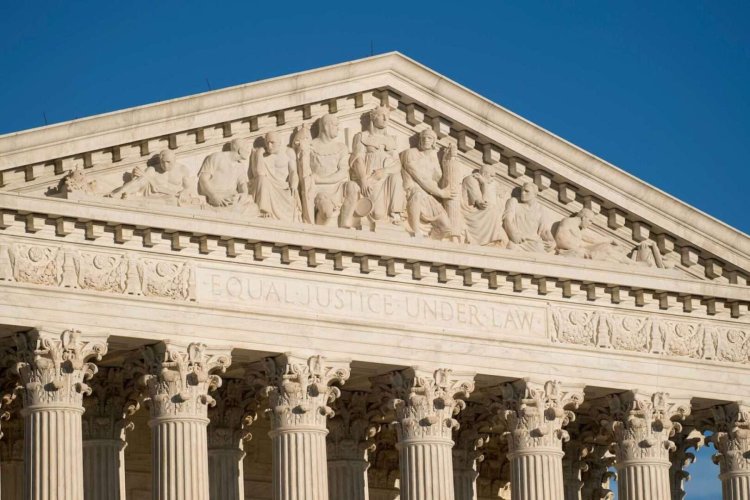When a party is supreme in a government, it can have several effects

1. Centralized power: Decision-making authority is concentrated in the hands of party leaders, limiting input from other branches of government or opposition parties.
2. Reduced checks and balances: The party's dominance can lead to a weakening of constitutional checks and balances, allowing for unchecked power.
3. Limited political opposition: The supreme party may suppress or co-opt opposition parties, reducing political diversity and debate.
4. Ideological conformity: The party's ideology may become the only accepted viewpoint, stifling dissent and alternative perspectives.
5. Government control over media and information: The party may exert control over media outlets, limiting free speech and access to information.
6. Favoritism and corruption: Party loyalty may be prioritized over merit, leading to cronyism and corruption.
7. Erosion of civil liberties: Individual rights and freedoms may be compromised as the party seeks to maintain control.
8. Lack of accountability: The party's dominance can lead to a lack of transparency and accountability, making it difficult to hold leaders responsible for their actions.
9. Undermining of institutions: The party's power may lead to the weakening or politicization of independent institutions, such as the judiciary or electoral commissions.
10. Potential for authoritarianism: In extreme cases, a supreme party can lead to authoritarianism, where political power is concentrated in the hands of a single entity, suppressing individual rights and freedoms.







